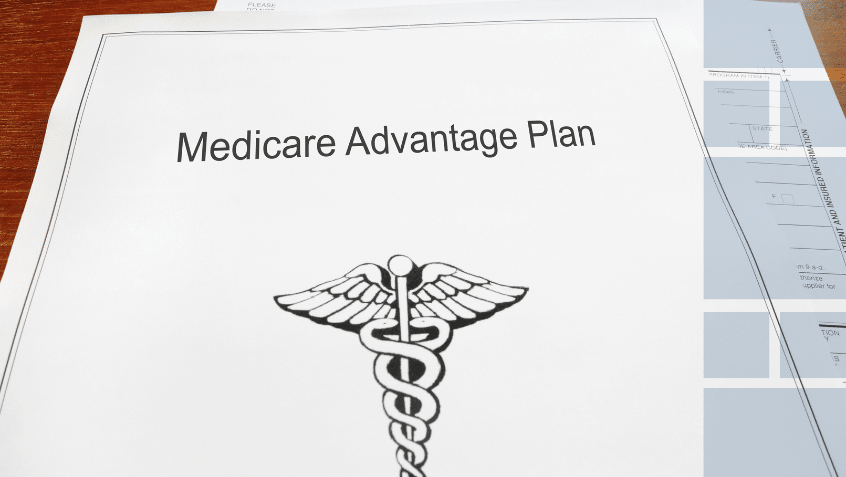When the Centers for Medicare & Medicaid Services (CMS) pays Medicare Advantage (MA) organizations, they increase the payments when plans enroll sicker people. This is called risk adjustment, and it is an important guardrail to ensure that all people with Medicare have access to MA plans; without risk adjustment, plans […]
Read More
For the nearly 13 million people enrolled in both Medicare and Medicaid—known as dual eligible individuals—Medicare is their primary insurer. It mainly pays for medical services, such as hospital care, doctors’ visits, and prescription drugs. Medicaid wraps around this coverage, often helping with Medicare costs and paying for services Medicare excludes, […]
Read More
The Inflation Reduction Act (IRA) made significant improvements to Medicare prescription drug access and affordability, including by restructuring the Part D benefit to limit enrollee expenses. Those changes began in January 2024, when the IRA eliminated cost sharing in the catastrophic coverage phase. This has effectively held enrollee spending to roughly […]
Read More
This month, Families USA hosted an important webinar on Medicare Advantage (MA) issues, including overpayment, marketing abuses, and delays caused by prior authorization. Medicare Rights participated as one of the panel members to bring a focus on the experiences of people with Medicare. MA overpayment is a perennial issue that […]
Read More
Key components of the Inflation Reduction Act’s Part D reforms will be fully implemented for plans offered in 2025. These changes, including the total elimination of the “coverage gap” coverage period, the establishment of a $2,000 cap on beneficiary out-of-pocket costs, and the creation of an optional payment plan program, […]
Read More
Late last week, the Centers for Medicare & Medicaid Services (CMS) finalized a rule that codifies appeal rights for people with Medicare who are admitted to the hospital as inpatients and later reclassified as outpatients receiving observation services. These classifications and reclassifications can have huge financial implications for beneficiaries. First, […]
Read More
Earlier this week, Vice President Harris announced a new proposal that would expand in-home services for people with Medicare. Many people with Medicare struggle with activities of daily living like bathing, dressing, eating, or toileting but do not need intensive medical care.
Read More
Medicare open enrollment is just around the corner, and there will be major changes in 2025 that beneficiaries should keep in mind, and some of these changes may affect what plans people choose.
Read More
A new series of KFF state snapshots captures health care issues at the forefront of national, state, and local elections, providing state-specific context, data, and demographics. KFF notes the state snapshots are intended to highlight timely topics and “describe the health care landscape in which policy debates in the election […]
Read More
Starting September 30, Medicare changed the way it covers certain services that can reduce an individual’s risk of acquiring HIV. Previously, Pre-exposure Prophylaxis (PrEP) using antiretroviral drugs was covered under Part D and was subject to regular cost sharing. Now, FDA-approved PrEP using antiretroviral drugs and the administration of injectable PrEP are covered under Part B as a preventive service.
Read More










